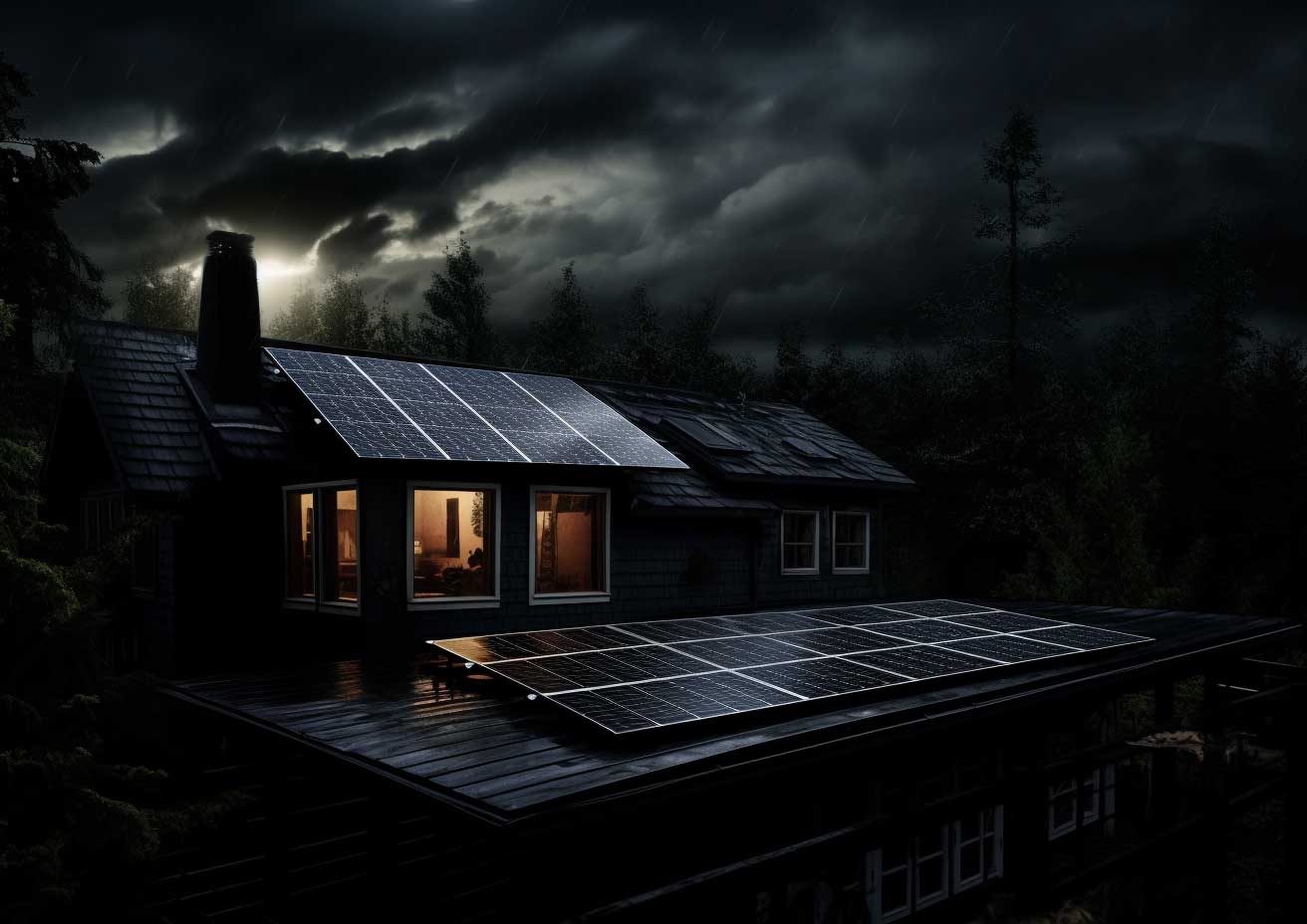Electric cars, primarily Battery Electric Vehicle (BEVs) are becoming more popular every day, and with that comes the need for convenient places to charge them. Electric car charging at home is a great way to top your electric vehicle (EV) off between trips and can be easy and affordable with the right setup. Here’s what you need to know about home EV charging:
What you need to know about electric car charging
Ordering a Battery Electric Vehicle is becoming increasingly popular and for good reason. They’re environmentally friendly, quiet and can be cheaper to run than traditional petrol or diesel cars. However, if you’re thinking of making the switch to an electric car, there are a few things you need to know about charging them up.
First of all, you’ll need to find a place to charge your car. This is usually pretty easy if you have access to a garage or driveway. But if you live in an apartment block or don’t have access to workplace charging, it might be a bit more tricky. There are public EV charging stations popping up all over the place though, so don’t worry too much about it. You can also charge your car at home if you have a regular power outlet. It will take longer to charge this way, but it’s handy in a pinch.
Another thing to consider is range anxiety. This is the fear of running out of charge while you’re out and about. It’s understandable to feel this way at first, but EVs have come a long way in recent years and now have much longer ranges than they use to. Ask an EV owner the next time you see one and they’ll agree.
Most electric cars can be plugged into a standard socket at home using a Level 1 charger, although you may need to upgrade your fuse box first. It generally takes 18 or more hours to charge an electric car from empty using a standard socket, so it’s best to do it overnight. If you need to charge up more quickly, you can install a dedicated Level 2 charger at home or use a public DC fast charger – if you happen to be close to DC fast charging stations.
When you’re out driving, it’s useful to know where your nearest charger is. There are now several apps that allow you to find nearby chargers, as well as see how many spaces are available and how long the current wait time is. While most apps are free to use, the electric vehicle charging requires payment either by card or via a monthly subscription. Once you’ve found a charger, simply park up and plug in – it’s as easy as that!
But in most cases, an EV driver does not want to deal with the hassle of public chargers as they can be unreliable and often have long wait times. The best solution is to install a dedicated Level 2 charger at home. These chargers are much faster than Level 1 charging and can charge an electric car from empty in as little as 4 to 8 hours. They’re also more reliable, so you can be sure your car will be charged
How to set up your home for electric car charging
Having the comfort of knowing your electric vehicle will have a full charge every morning is priceless, but it’s important to set up your home for electric car charging correctly. First, you need to make sure your electrical system can handle the additional load of an EV charger. If you’re unsure, we have designed a simple tool to help – just complete our EV charging self audit, take a few pictures and one of our specialists will evaluate them.
Once you’ve determined that your home’s electrical system is up to the task, the next step is to choose the right location for your charger. The best charging option spot is usually close to where you park your car and preferably close to your electrical panel. The closer the charger is to your electrical panel, the shorter the wiring run will be and the less expensive the installation will be.
If you’re not sure where to start, our home electric car charging station installation service can help.
The benefits of electric car charging at home
EVs are becoming an increasingly popular choice for eco-conscious motorists. Not only do they produce zero emissions, but they also offer a number of other advantages over traditional petrol or diesel cars. One of the main benefits of owning an EV is that you can charge it at home. This means you never have to visit a gas station again, and you can take advantage of cheaper off-peak electricity rates and use rate.
Home charging is also convenient and can be tailored to your schedule when your EV battery is charged. Some EV owners even install solar panels to power their cars, further reducing their environmental impact.
With a home charging station, you can enjoy all the benefits of electric motoring without any of the hassles.
If you’re thinking about getting an electric vehicle charger installed at your home. Congratulations! You’re taking a big step towards reducing your carbon footprint.
But we know it can be daunting to take the next steps. There’s a lot of information out there and it can be hard to know where to start. That’s why we created our easy 7-minute survey. Just answer a few questions about your home and we’ll provide you with an installation price quote.
We want to make switching to an electric vehicle as easy as possible for you, so don’t hesitate to reach out if you have any questions about the process. We’re here to help you every step of the way.
Tips for using electric car charging at home
You can charge your electric car at home using a standard socket, but you’ll probably want to get a dedicated home Level 2 charging station fitted. This will be faster and more convenient, and you may be able to get a discount on the installation cost – More details on that are below.
In some cases, electrical utilities are providing further assistance to charging stations and public charging station infrastructure. Many offer time-of-use plans where you can get cheaper electricity at night, and some will even give you a rebate on the installation of a home Level 2 smart charger.
If you’re thinking about getting an electric car, make sure you do your research first. Here at WattLogic, we are passionate about EVs and getting people the most bang for their buck when it comes to electric car ownership. Whether you have a question about a Tesla Wall Connector or Chargepoint Home Flex, we are here to help you make the best decision.
How our EV charging audit will help you plan for the best way to charge your car
Whether you’ve just purchased an electric vehicle (EV) or you’re still waiting for your order to arrive, our EV charging audit can help you plan for the best way to charge your car.
We’ll work with you to understand your specific needs and then provide tailored recommendations on the type EV charging equipment, installation location, and if you qualify for an EV station rebate. And because we want to make sure you’re completely happy with our service, there’s no obligation to proceed with our recommended solution.
So if you’re concerned about how to install your home charger, get in touch today and let us help put your mind at ease. We’ll help you choose the right EV charging station, connect you with a WattLogic verified licensed electrician, and give you all the advice you need to get started.




